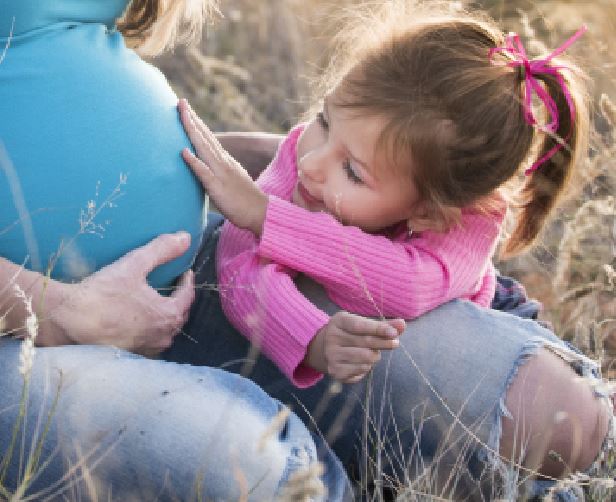Search
Showing results for "clinical trials"

News & Events
Latest RSV results pave way for world-first vaccineThe Kids Research Institute Australia researchers leading the Western Australian site of a global respiratory syncytial virus (RSV) study can now fine-tune development of a world-first vaccine for pregnant mothers.
Research
Healthy skin for children and young people with skin of colour starts with clinician knowledge and recognition: a narrative reviewSkin conditions most frequently encountered in paediatric practice include infections, infestations, atopic dermatitis, and acne. Skin of colour refers to skin with increased melanin and darker pigmentation, and reflects global racial and ethnic diversity. Managing skin conditions in skin of colour requires health equity nuance, which is rarely explicitly taught.
Research
Identification of subgroups of children in the Australian Autism Biobank using latent class analysisThe identification of reproducible subtypes within autistic populations is a priority research area in the context of neurodevelopment, to pave the way for identification of biomarkers and targeted treatment recommendations. Few previous studies have considered medical comorbidity alongside behavioural, cognitive, and psychiatric data in subgrouping analyses.
Research
Pain and recovery profiles following common orthopaedic surgeries in childrenLittle evidence exists on the postoperative trajectory after paediatric orthopaedic surgery. Pain and behavioural disturbance can have short- and long-term impacts on children and their families. An improved understanding of procedure-specific postoperative trajectories can enhance recovery. The primary outcome was to examine the duration and severity of postoperative pain experienced by children undergoing 10 commonly performed orthopaedic procedures.
The Opportunity BEAT CF is a national, 5 year, multi-centre platform trial to improve the management of children and adults with Cystic Fibrosis. Be
Research
Patient positioning and its impact on perioperative outcomes in children: A narrative reviewPatient positioning interacts with a number of body systems and can impact clinically important perioperative outcomes. In this educational review, we present the available evidence on the impact that patient positioning can have in the pediatric perioperative setting. A literature search was conducted using search terms that focused on pediatric perioperative outcomes prioritized by contemporary research in this area.
Research
Difficult intubation in syndromic versus nonsyndromic forms of micrognathia in childrenWe investigated how syndromic versus nonsyndromic forms of micrognathia impacted difficult intubation outcomes in children. Primary outcome was the first-attempt success rate of tracheal intubation, secondary outcomes were number of intubation attempts and complications. We hypothesized that syndromic micrognathia would be associated with lower first-attempt success rate.
Research
Reliability of the Commonly Used and Newly-Developed Autism MeasuresThe aim of the present study was to compare scale and conditional reliability derived from item response theory analyses among the most commonly used, as well as several newly developed, observation, interview, and parent-report autism instruments.
Research
Impact of a revised postoperative care plan on pain and recovery trajectory following pediatric tonsillectomyA previous cohort of adenotonsillectomy patients at our institution demonstrated moderate-severe post-tonsillectomy pain scores lasting a median (range) duration of 6 (0-23) days and postdischarge nausea and vomiting affecting 8% of children on day 1 following surgery. In this subsequent cohort, we evaluate the impact of changes to our discharge medication and parental education on post-tonsillectomy pain and recovery profile.
Research
Effect of different lung recruitment strategies and airway device on oscillatory mechanics in children under general anaesthesiaAtelectasis has been reported in 68 to 100% of children undergoing general anaesthesia, a phenomenon that persists into the recovery period. Children receiving recruitment manoeuvres have less atelectasis and fewer episodes of oxygen desaturation during emergence. The optimal type of recruitment manoeuvre is unclear and may be influenced by the airway device chosen.
